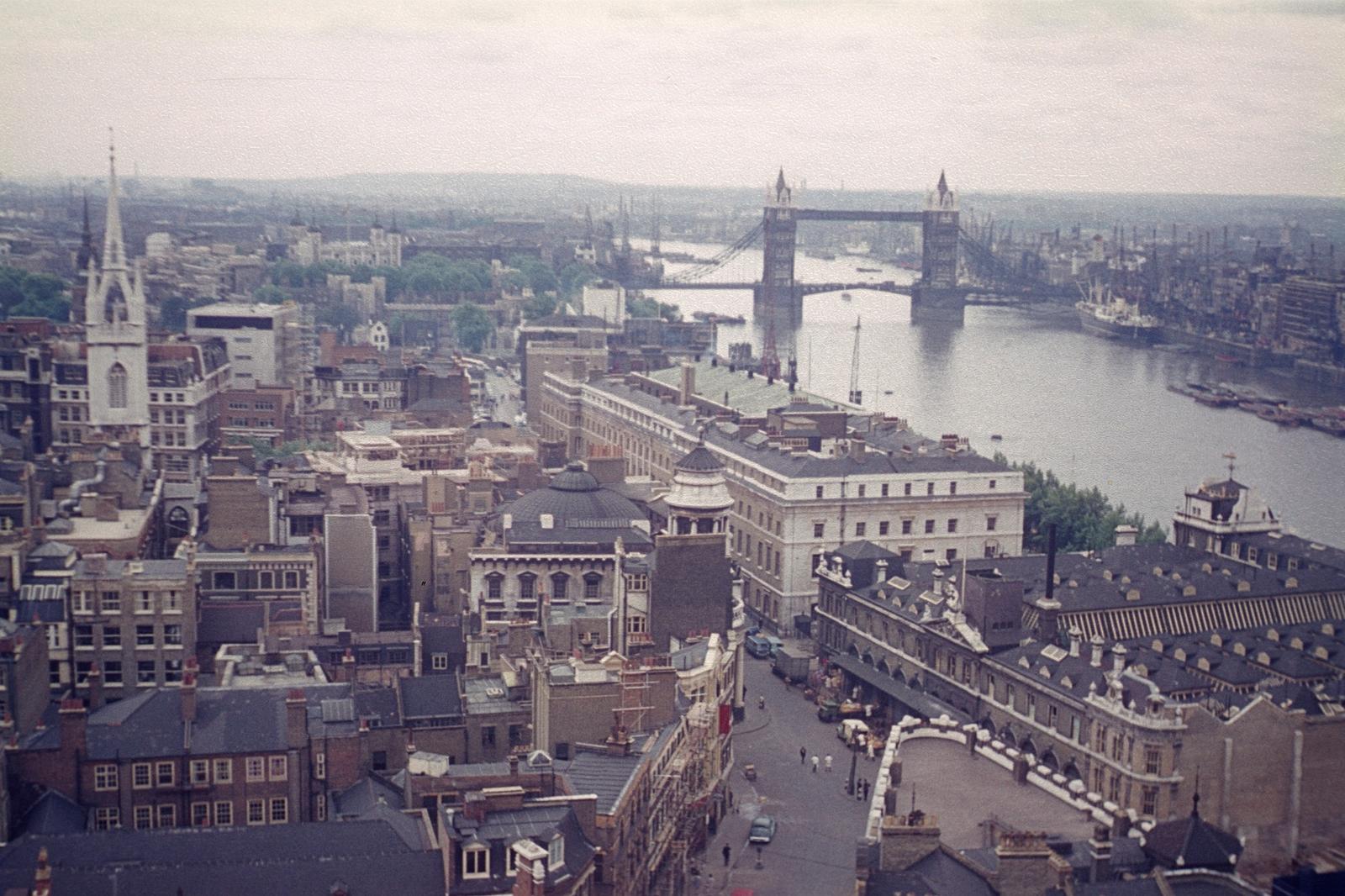The Ancestry Visa for the U.K. — Could it Apply to You?

Ancestry visas are valid for five years, during which applicants are allowed to work in the U.K. or study
The Ancestry visa route is only open to Commonwealth nationals who have at least one grandparent born in the U.K. or the Islands -- Guernsey, Jersey or the Isle of Man. The application may also be considered in certain circumstances if the grandparent was born on a British registered ship or aircraft. If the grandparents were born in Ireland, this must have been before 31 March 1922 when Ireland was still a part of the U.K.
This is a follow-up to an earlier article detailing the requirements for an Ancestry visa and applicants must also present the following:
Evidence of maintenance
Applicants should be able to present evidence that they will be able to maintain themselves covering a period of three months prior to the application. This is not, however, a strict legal requirement.
The case worker may accept evidence covering a shorter period if they are satisfied that the applicant will be able to adequately pay for their maintenance and accommodation. The most recent piece of evidence must be dated no more than 31 days before the date of application.
Evidence could include:
- Payslips
- Evidence of self-employment
- Bank statements
- Building society passbook
- P60s
- Evidence of any other source of income – for example, income from rental property
- Tenancy or mortgage agreement
- A signed and dated letter from a third party confirming that they will support the applicant, plus evidence of that third party’s finances
Evidence of accommodation
Evidence of accommodation may include a tenancy agreement or mortgage statement, although visa applicants would usually not be able to arrange either of those before coming to the U.K.
If they will be living with a friend or family member before getting a place of their own, a signed and dated letter from that person with evidence of their own ownership or right to live at the property would be good evidence. If the applicant is intending to stay in an Airbnb to start with, evidence of reservation would also serve as evidence for an initial application, alongside evidence showing the applicant has sufficient funds to pay for that accommodation.
Evidence of a TB test
Applicants who are applying from a country on this list who have been there for more than 6 months, or who lived in any country on the list in the 6 months prior to applying, will need to take an approved tuberculosis test, and submit evidence of it.
Family members
Spouses, civil partners, those in a durable relationship (who have been in a relationship similar to marriage or civil partnership for two years or more) and children of the main applicants are allowed to apply at the same time, or join the main applicant in the U.K.
In addition, partners and children who are already in the U.K. may be able to “switch” to become the dependant of someone on an Ancestry visa, provided they are not currently in the U.K. as a visitor, short-term student, parent of a child student, seasonal worker, domestic worker in a private household, or outside the immigration rules.
Unlike many others, family members are eligible to apply for indefinite leave to remain at the same time as the main applicant — even if they have not, by then, lived in the U.K. for five years themselves.
Cost
The Ancestry visa application costs £637. In addition, applicants must pay an Immigration Health Surcharge for five years at a rate of £1,035 a year.
Approval
Ancestry visas are valid for five years, during which applicants are allowed to work in the U.K. or study. Applicants, however, cannot access public funds.
Indefinite Leave to Remain
At the end of five years, applicants can extend their Ancestry visa for another five years or apply for indefinite leave to remain. But they need to show that they still meet all the above requirements:
- They must submit documents for evidence of ancestry again
- If an applicant is working at the date of application, then it is accepted that they intend to work in the U.K.
- If an applicant is not working, the Home Office will expect to see evidence of previous work in the five years. If there has been little or no work, applicants should explain how this is consistent with an intention to work at the date of application.
- They are in the U.K. when they submit their application
- They have spent a continuous period of five years in the U.K. without absences of more than 180 days in any 12-month period
- They have valid leave at the date of application; in other words, they haven’t overstayed their visa.
- The applicant’s leave at the time of the application does not need to be on the basis of their ancestry, as long as they previously had five-year continuous leave on an Ancestry visa
- They have passed the Life in the U.K. Test
- They speak English at level B1, either because they come from a majority-English country, they have passed an approved English language test, or they have a degree taught in English.
- They do not fall foul of the general grounds for refusal
Switching in-country from another visa on to Ancestry
An initial Ancestry visa can only be submitted from abroad. Once someone has been in the U.K. on an ancestry visa, however, they can “switch” to another route and then “switch” back into the ancestry route.
If you have a question or would like our team's assistance with any immigration matters please get in touch through our contact form or by phone. We will be happy to provide the latest information and expert advice relevant to your specific requirements.